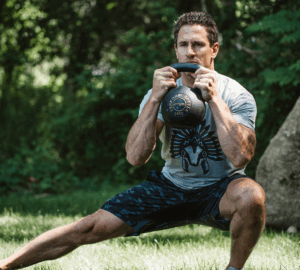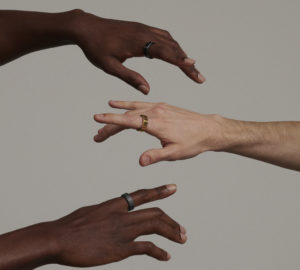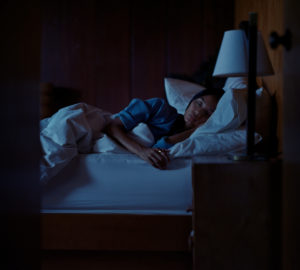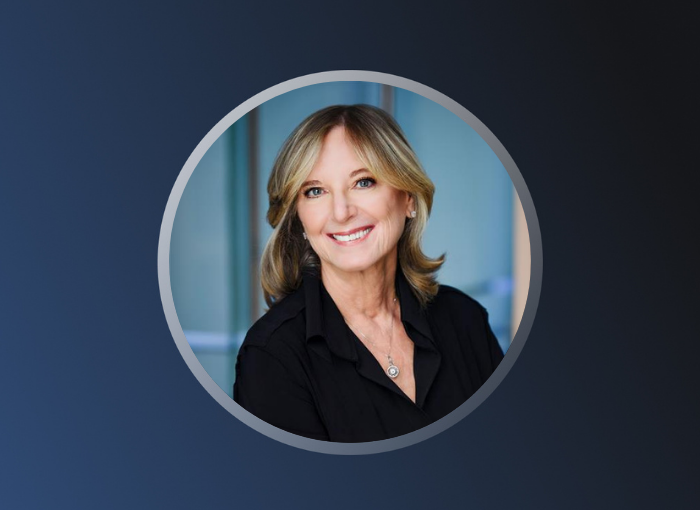Florence Comite, MD, is a clinician-scientist and innovator in the field of precision medicine. In 2005, Dr. Comite founded the Comite Center for Precision Medicine & Healthy Longevity in New York City, where patient care entails a clinically proven, academic, and personalized approach.
In her practice, she integrates data from a number of sources, including Oura, to provide analysis and actionable guidance for patients. Her clientele includes a range of individuals, from jet-setting executives to self-quantifying millennials.
What is “precision medicine”?
Precision medicine, to me, means looking at data under the surface — each person as an N-of-1.
Most of the data and scientific basis of disease comes out of population studies where it’s one-size-fits-all. Instead of someone saying, “Well, I can fall asleep, but I don’t stay asleep,” we figure out what the factors are behind this. We look at your metabolism, hormones, and immune system. We’re really interested in drilling down to learn the key details of each human being.
When it comes to my patients, I think of the health story: What makes you you, and how do you live life? What choices do you make? How do you sleep, eat, and exercise? What medications are you on? What runs in your family, genetically?
To me, that’s precision medicine — it’s the data beneath the surface, how you live your life, and how you’re going to make a difference as you go forward.
How does sleep play a role in overall health?
Back when I started, I used to say the hierarchy of health was: food, exercise, sleep. Then I flipped the whole thing, putting sleep first.
You can trump not doing exercise. It’s not good, but you can trump it (depending on your genetic makeup) with great sleep.
As an example, I had a patient, only in his 20s, whose numbers were awful. Based on his data, he looked like a person in their 50s. Turns out, he had a lot of trauma, and he was under tremendous stress and not sleeping well. After coming to us and fine-tuning his sleep, he dropped some weight. He hasn’t gone on any medication — the one major thing that changed is his sleep. His body fat percentage decreased, he looks better, and feels better.
To me, sleep is paramount. If people come to me and ask, What’s the one thing I should focus on if I don’t have time? I’ll tell them: sleep.
How have you been using Oura in your practice?
We recommend Oura to almost everybody. I’d say probably 80 to 90% of people have sleep issues. If they don’t, they will in midlife.
However, sleep doesn’t have to be a challenge just because you’re getting old. You don’t sleep poorly because you’re getting older; you sleep poorly because of disease percolating under the system.
RELATED: How Does Menopause Affect Sleep?
Why do you recommend Oura to your patients?
A lot of people don’t want to wear a watch when they go to sleep, so a ring works better for them. Plus you can go for five days or so without charging Oura, unlike some wrist-worn wearables.
And of course the data helps guide the choices they make — like when they see how a drink or two before bed impacts their Sleep Score.
What are the top data points in Oura that members should look at?
The main thing that I start first with almost everybody is: What percentage of time were you in deep sleep? What time of night? And how much REM do you get? I think those two are the most critical.
And don’t skip nights! I try to reinforce with people how important it is to wear Oura every night. Each night can be different, and you’re affected by the foods you eat, things you drink, or behaviors during the day.
I love how you can add Tags, so you can go back and see, Why did I get more deep sleep this might versus the other one?
Especially as you continue to use Oura over time, it’s really, really interesting — month by month, year by year. It’s a learning curve.
READ MORE: Using Trends View on Oura
What’s your #1 tip for someone looking to sleep better?
A couple of hours before bedtime, turn off everything with blue light — stop watching TV, don’t pick up your phone, and don’t surf on social media. I love reading an old fashioned book or listening to music. This helps you adjust your biorhythms, so you can turn off the world and relax into a cocoon.
How do you optimize your morning routine?
Three days a week I do functional or resistance exercise with a little bit of aerobic exercise. I have a late-morning protein shake with 100% dark chocolate, because it contains flavonoids which are good for cognition, with a little mango or banana, and berries. Most important is the protein, which is important to managing glucose as well as for maintaining muscle.
I also like to walk my dog in the morning, which is great because I get to absorb morning sunlight.
RELATED: The Benefits of Morning Sunlight & How to Make it a Habit




